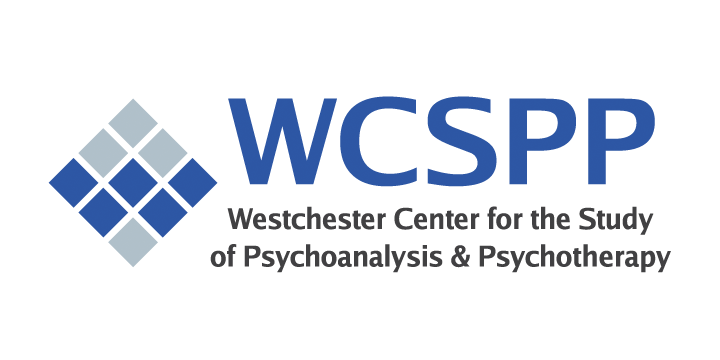Chairs:
Coren Schwartz, LCSW
Janet Shimer, LCSW, MBA
The LDEC has invited seasoned analysts as guest speakers to encourage analytic graduates back into learning within our community. Prior seminars include:
Jeffrey Guss, MD — Psychedelics and Psychoanalysis
Jill Salberg, PhD — Termination
Erica Forest, LCSW — Masked/Internalized Autism
Frances Sommer Anderson, PhD — Working with Somatic Implicit Aspects of Trauma
Jean Petrucelli, PhD — Eating Disorders from a Relational/Interpersonal Perspective
The LDEC also encourages study group formations to encourage faculty supervisors to lead courses where graduates from other training programs can engage with each other while gearing up for future teaching opportunities. The LDEC matches peer advisors with incoming Foundations candidates to provide frank support and engagement.


